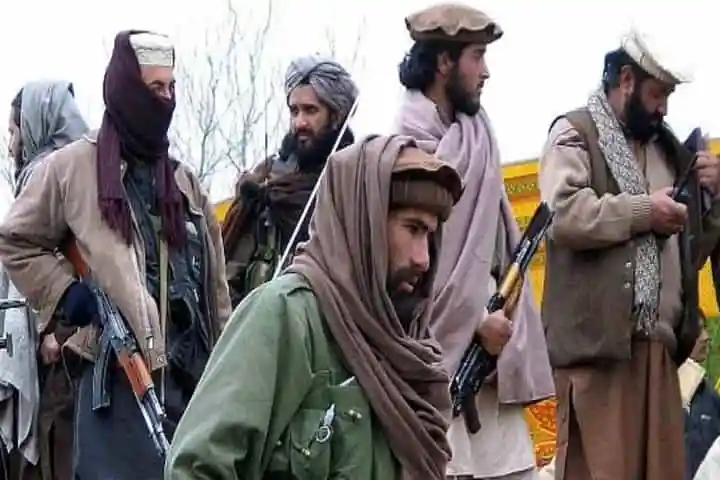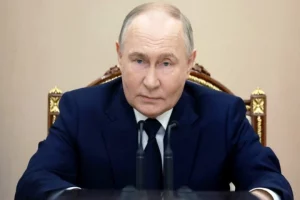Swift geopolitical and geo-economic developments across the world have placed the Indian foreign policy under bright floodlights. The harsh pandemic, US withdrawal from Afghanistan, the rise of China and the Russia-Ukraine war have thrust upon India a significant role in the changing world order.
As India rises to meet the expectations of the world, and also create space for itself amidst clashing global powers, India Narrative speaks with Captain Alok Bansal, Director, India Foundation, at the three-day Maharana Pratap Annual Dialogue on Geopolitics, organised by the Udaipur-based Usanas Foundation.
Bansal, who was earlier the Executive Director of the National Maritime Foundation and has worked with the Institute of Defence Studies and Analyses and the Center for Land Warfare Studies, says that India has a significant role to play in the changing global politics.
His most pressing worry, which some people in India seem to have taken lightly, is the Taliban takeover of the government in Afghanistan.
Bansal says: “The Taliban’s capture of power in Afghanistan poses a direct threat to India. Many sections in India feel happy because of the friction between the Taliban and Pakistan but it could be a short term phenomenon and may affect India also”.
He feels that the Taliban’s win over the US and NATO forces gives a boost to insurgents as they feel that they can take on anyone, including India. Secondly, the occupation of Afghanistan and the establishment of an Islamic emirate justifies waging jihad for territory, says Bansal.
Referring to the motivation for the Taliban fighters, he says that the Taliban is an ideological entity and its aim is to establish a global Islamic emirate. “With this aim in mind it will not stop at forming a government in Kabul alone. The foot soldiers of the Taliban do not know of any other profession than war, therefore, they will seek newer battlefields sooner or later”, he adds.
Talking about the other pressing issue consuming the world–the Russia-Ukraine war and the dilemma for India, Bansal says as the war drags on Russia is becoming weaker while, on the other hand, Europe is becoming increasingly dependent on the US. He feels that as Russia becomes weaker, it becomes dependent on China and that is where India’s predicament lies.
He also disregards the much-talked about “democracies versus autocracies” debate by saying that there are no permanent friends. Explaining his point of view, Bansal says that in India’s 2,500 years of recorded history the country had just one major conflagration with China but was attacked many times from Central and West Asia.
He believes that in today’s fast-evolving world there are no permanent friends and no permanent interests. As an example, he cites how global interests have changed in the last 100-odd years from the spice trade to hydrocarbons to batteries. Therefore, “to say that China is a permanent enemy and the US a permanent friend is wrong. With China we have a border dispute which is very complicated. Our claims are stronger but China also has some basis to its claims”, Bansal adds.
Talking about India-US relations, he says that the two countries hold permanent values. “What binds India and the US are the values of democracy and pluralism. There is cooperation between the two nations over strengthening the economy as well as people-to-people contacts”.
On the diplomatic front he finds that India has moved away from its conservative nature of diplomacy. He approves of shedding the risk-averse approach to diplomacy that had been India’s hallmark for decades.
Also Read: Baloch insurgency enjoys support but lacks critical mass: Capt. Alok Bansal




















